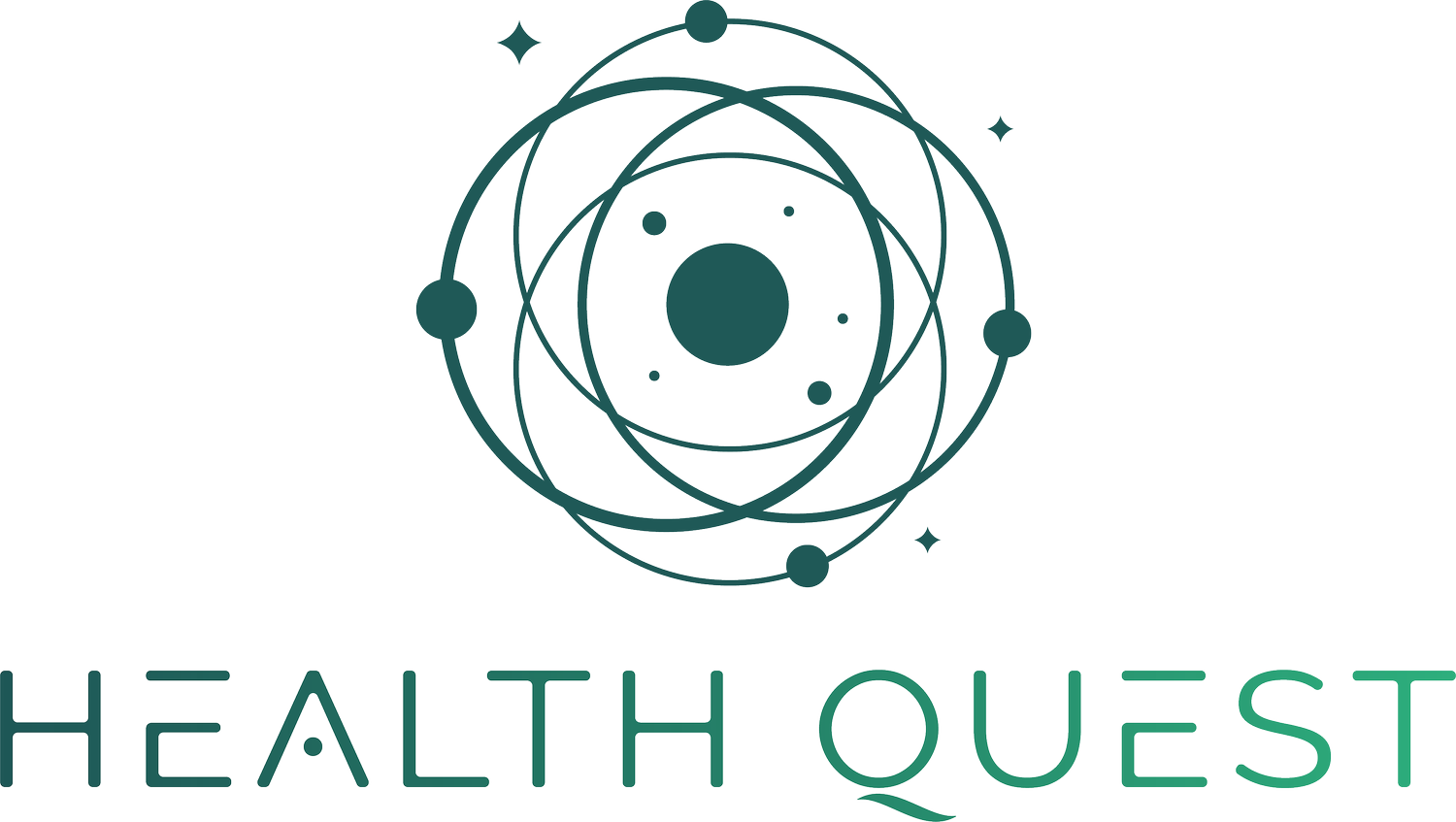How Gratitude Can Improve Your Well-Being
December is known as a time of slowing down, reflecting on the past year, and tapping into what’s been meaningful for us as we begin to prepare for the next year. Practicing gratitude can be a way of helping to ground ourselves in the present moment and celebrate what has been going right in our lives.
Gratitude has been shown to have profound mental health benefits, including reducing stress, improving mood, boosting resilience, and fostering greater overall well-being. Gratitude is the practice of recognizing and appreciating the positive aspects of one’s life. It could be something small like feeling a pleasant sensation, or big like achieving a personal goal. When we are grateful, we think about what we have right now in the present moment. We aren’t feeling depressed about missed opportunities or regrets of the past, and we aren’t anxiously worried about the future or the things that we don’t have yet. Practicing gratitude can actually affect our brain chemistry and thought patterns by releasing the “feel good neurotransmitters” like dopamine and serotonin. This helps us regulate our mood, reduce anxiety, and promote a sense of well-being.
Practicing gratitude helps us lower our stress and anxiety by shifting the focus away from negative or worrisome thoughts. When we’re constantly thinking about what’s going wrong, our minds are more likely to spiral into stress and anxiety. Gratitude, on the other hand, helps us refocus on the present moment and on the positives in your life. Moreover, gratitude can create a positive feedback loop. The more you focus on the good, the more you train your brain to notice and seek out the positive, reducing the mental energy you spend on worrying or stressing out over negative things. Gratitude helps combat the “negativity bias” — the tendency of our brains to focus more on the negative — by training us to intentionally notice and appreciate the positive. Gratitude helps us to be more resilient as well. When we are practicing gratitude and we face a challenge, we can see the potential to grow from this challenge instead of becoming overwhelmed by this challenge. And finally, gratitude helps us to connect with others and builds stronger relationships. When we express our gratitude to others, we have more satisfaction and trust in our relationships with others.
So how do we learn to cultivate gratitude? There are some very simple ways to start to grow our practice of gratitude. Giving yourself 5 minutes a day to journal, or write down 3 things that you are grateful for at the start of every day can be a wonderful way to start getting in the habit of remembering gratitude. Expressing your appreciation for others is another excellent way of practicing gratitude. When we appreciate the efforts of others, we create a ripple effect where people start to notice more positive aspects of others as well. Being mindful about your experiences can also help nurture gratitude, just noticing the warmth of the sun on your face can help you appreciate the goodness of life.
Incorporating gratitude into your daily routine can have a lasting, positive effect on your mental health. By improving mood, reducing anxiety and depression, boosting resilience, and fostering stronger relationships, gratitude is a powerful tool for enhancing overall well-being.
The mental health benefits of gratitude are clear — and the best part is, it’s free and accessible to everyone. So, why not start today? Take a moment to acknowledge the good things in your life, and see how gratitude can help you transform your mindset and improve your mental health.

